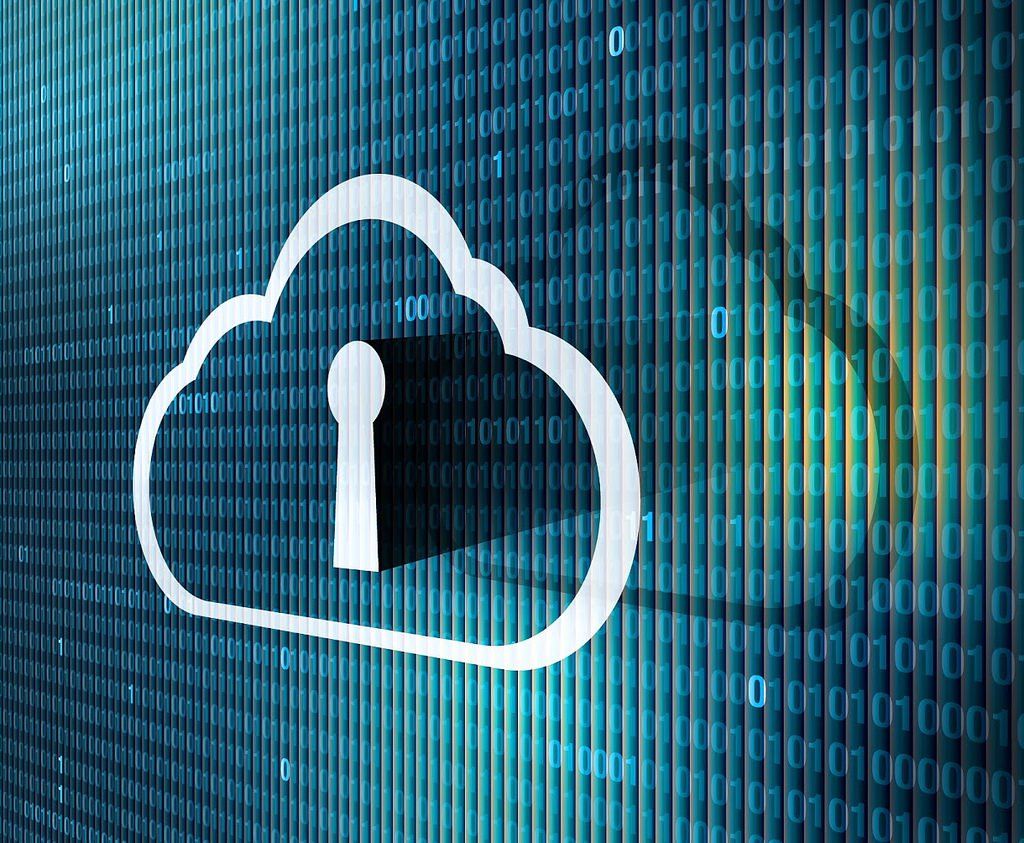Why Simply Having Antivirus Software Isn’t Good Enough
Take a minute to think about all of the technology your business uses to capture, process, and analyze data. Chances are good that you use a litany of workarounds, access protocols, and even passwords that leave your company exposed and could even affect your employees’ productivity. Because of this, having antivirus software alone is not enough to keep your company protected. Here are other things you’ll need along with a few reasons why.
#1 – Password Protection
You already know what a password does. Its purpose is to prevent unauthorized access to sensitive or proprietary information. What you may not know is that your password protection method also needs protection. Weak passwords, mobile device use, keylogging programs, and any other manner of hacks can make it easy for people to get into your information. According to a large-scale survey performed by IBM, 67% of the respondents claimed that the potential loss of company data or customers’ personal data was a major concern.
#2 – Firewalls
Firewalls are integral parts of network security for a variety of reasons. They are essentially forts that surround your network, and they continue to do their jobs even when you and your employees have all gone home at the end of the day. You can get firewalls to protect intrusion into your software, you can use them to protect your hardware, or you can even do both. The choice is always yours. Firewalls will also monitor traffic in such a way that they can reject any traffic that doesn’t meet a very specific set of criteria.
#3 – Anti-Malware Software
Antivirus and anti-malware software are two completely different things. While traditional antivirus alone only works to stop viruses, anti-malware can protect you from far more. In fact, it covers an incredibly broad spectrum of threats including rootkits, keyloggers, ransomware, adware, and even some viruses that your traditional antivirus software might miss. What’s more, anti-malware software protects your network in real time, which means it can block malicious websites and popups before they become problematic.
#4 – A Roadmap and Regular “Health Checks”
All of the software and programming in the world can’t make up for creating a security plan and checking it regularly – at least quarterly. Some things you’ll want to do include ensuring that you’ve purchased the right software (and the right level of security) for your company’s needs, making sure that the antivirus and anti-malware programs are scheduled to update automatically, and performing security checks on occasion to make sure that no one can get through the walls you’ve built around your network. All of these things will go a long way toward ensuring that you have protected your company’s and your customers’ information from prying eyes.
While antivirus software is certainly important, it cannot provide your company’s network with the protection it needs alone. When you pair it with other forms of security such as password protection, firewalls, anti-malware software, and a roadmap that helps you keep up with any changes in your software or network protection technology, you can rest comfortably in the knowledge that your network is virtually impenetrable.
The post Why Simply Having Antivirus Software Isn’t Good Enough appeared first on SDTEK | San Diego, CA.



